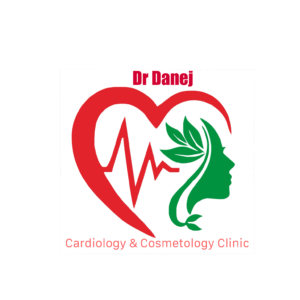Giddiness and Unconsciousness (Syncope) Evaluation Treatment

Giddiness and unconsciousness, commonly referred to as syncope, are symptoms that can indicate various underlying health issues, particularly related to the heart, brain, or nervous system. Evaluating these symptoms is essential to determine the cause and implement appropriate treatment.
Giddiness often manifests as dizziness or a sensation of spinning, which can result from issues like low blood pressure, dehydration, inner ear problems, or heart conditions that affect blood flow to the brain. Syncope refers to a sudden, temporary loss of consciousness usually due to a drop in blood flow to the brain. It often occurs suddenly and is followed by a quick recovery, but it can be alarming and sometimes dangerous.
Common Causes of Syncope:
- Cardiac Issues: Abnormal heart rhythms (arrhythmias), heart failure, or structural heart diseases can reduce blood flow to the brain, leading to syncope.
- Neurological Conditions: Seizures, strokes, or transient ischemic attacks (TIAs) can cause loss of consciousness.
- Orthostatic Hypotension: A sudden drop in blood pressure when standing up can result in fainting.
- Vasovagal Response: Triggered by stress, pain, or prolonged standing, leading to a temporary loss of consciousness.
Evaluation Process:
- Medical History and Physical Exam: A thorough review of symptoms, medical history, and a physical examination help identify potential causes.
- Electrocardiogram (ECG): To detect abnormal heart rhythms.
- Tilt Table Test: To assess how the body reacts to changes in position, which can provoke syncope.
- Echocardiogram: To evaluate the heart’s structure and function.
- Blood Tests: To check for underlying conditions like anemia or electrolyte imbalances.
Treatment: The treatment for giddiness and syncope depends on the underlying cause. It may include medication to manage heart conditions, lifestyle changes, or even surgical interventions in severe cases.
Evaluating giddiness and syncope is critical for preventing future episodes and addressing potentially life-threatening conditions. If you experience these symptoms, seeking prompt medical attention is essential.
